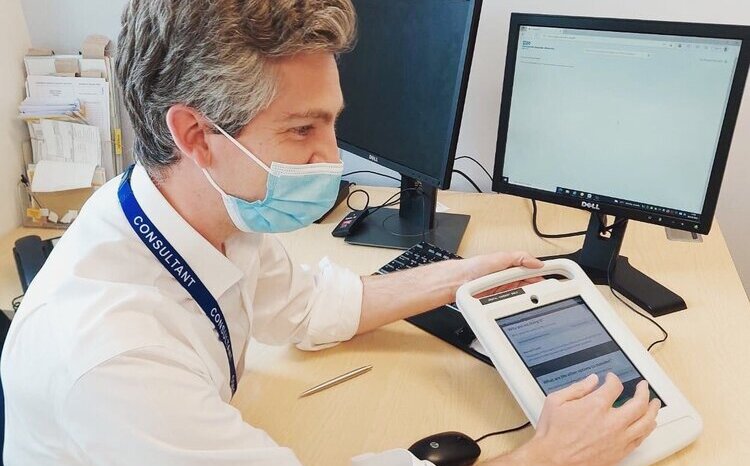Review says e-SAP fragmented and lacks standards
- 19 September 2006
A Connecting for Health review of implementations of the electronic single assessment process (e-SAP) has revealed a lack of integration and standards across the country.
A National SAP Action Team set up by Connecting for Health’s Care Record Development Board carried out a survey of e-SAP implementation in early summer and consulted on how e-SAP implementation should proceed in future as stage one of a two-part project.
The action team’s recommendations that future implementations should operate to national standards have been “received positively” by CfH’s national programme board and the team is now developing an implementation plan and business case for eSAP for part two of the project due to be completed by October.
The actions team’s report identfied the requirements and principles for an e-SAP solution but found a “substantial gap” between these requirements and current e-SAP implementations. Problems it identified included:
- Lack of integration between SAP and other local service provider systems resulting in disjointed processes and records and dual entry;
- Lack of integration between NHS and social services systems and consequent dual entry. Few SAP communities have been able to integrate systems and those that have done so have generally only achieved links with one or two systems;
- Lack of standards around functionality and information sets meaning different solutions being developed for individual communities;
- Relatively small scale adoption of mobile devices resulting in dual entry.
It concludes that “if local communities are left to continue in this way the outcome will be disparate solutions or variable coverage of systems.”
The action team made recommendations about an e-SAP information sharing model and concluded that initial work on information governance and exchange standards should begin in 2006/7.
It also looked at whether future deployments of e-SAP should be based on a national or local approach and concluded that a hybrid model would work best with national standards and services made availoable to help communities but with local e-SAP implementations agreed by local care communities, generally a primary care trust and local authority, underpinned by local business cases.
It said that the key elements for an e-SAP solution should be a person-centred assessment integrated within electronic records with seamless access to SAP assessments and care plans wherever they have been carried out, and support for workflow and communications across organisational and cluster boundaries. It recommended that information sharing should be subject to consent and in line with the NHS Care Records Guarantee.
The team identified the potential benefits of e-SAP as reducing length of stay and unscheduled admissions, improving management of care for people with long term conditions and imporving the referral process.
It added that although the project was focussed on SAP the recommendations should be broadly applicable to integrated health and social care work in other areas and recommended that they are used as a starting point for work in other areas.
The consultation included an online questionnaire which was completed by 166 respondents from the NHS, social care and system suppliers and workshops attended by 140 people. A total of 27 SAP communities using electronic systems responded to the survey of current implementations.
Link
Connecting for Health: A National framework for Implementing SAP




